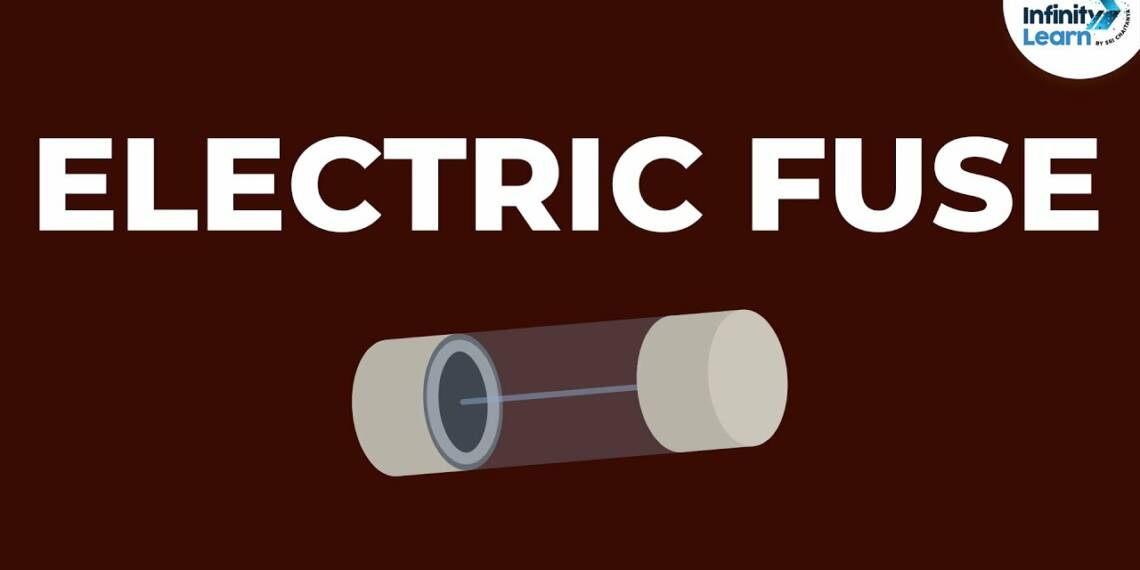Fuse Wire Is Made Up of An Alloy Of: Detailed Answer
Ever wonder what components fuse wire is made up of an alloy of? We’ll examine the composition of fuse wires in this educational article and discuss how they’re made from a unique combination of metals. Keep watching to solve the puzzle!”
Fuse Wire Is Made Up of An Alloy Of
Let’s have a look at the world of fuse wires today! Fuse wires may seem like something out of a science fiction film, but they are actually very tiny yet crucial components of our electrical systems. What precisely are these tiny wires composed of then?
An essential part of electrical circuits, fuse wire acts as a safety precaution against possible electrical accidents. The process of making fuse wire isn’t as complicated as it sounds, involving mysterious machinery and complicated algorithms. Instead, it’s a straightforward but accurate blending of basic components and materials.
Fuse wire is fundamentally made up of particular materials that allow it to carry out its essential function. Fuse wire is made up of an alloy of low melting points, like copper, lead, tin, or aluminum. These substances have the necessary low resistance, which enables the fuse wire to perform effectively in the event of an electrical overload. Furthermore, the low melting point of the chosen material guarantees that it can easily melt and break the circuit, protecting the entire electrical system from possible harm or dangerous situations.
Fuse wire is made by carefully measuring and paying close attention to every detail. The selected material is carefully formed into an elongated, thin wire form, making sure that it complies with all the specifications needed for effective conductivity. In order to ensure the wire’s structural integrity and durability under a range of electrical loads and conditions, manufacturers frequently subject the wire to controlled heating and cooling procedures. It takes a meticulous manufacturing process to guarantee that the fuse wire will continue to function reliably and efficiently in the face of unforeseen electrical surges or malfunctions.
Also Read: Transportation Of Food and Water in Plants for Students of Class 10
Moreover, the effectiveness of the fuse is largely dependent on its size and thickness. To determine the proper fuse wire dimensions, engineers and manufacturers take into account a number of factors, including the voltage and current requirements of the particular electrical system. They can make sure the wire can support the intended electrical load without obstructing the flow of electricity during regular operations by precisely measuring the wire’s dimensions. The complex interplay between material composition and size greatly enhances the fuse wire’s ability to safeguard electrical systems against potential dangers and malfunctions.








